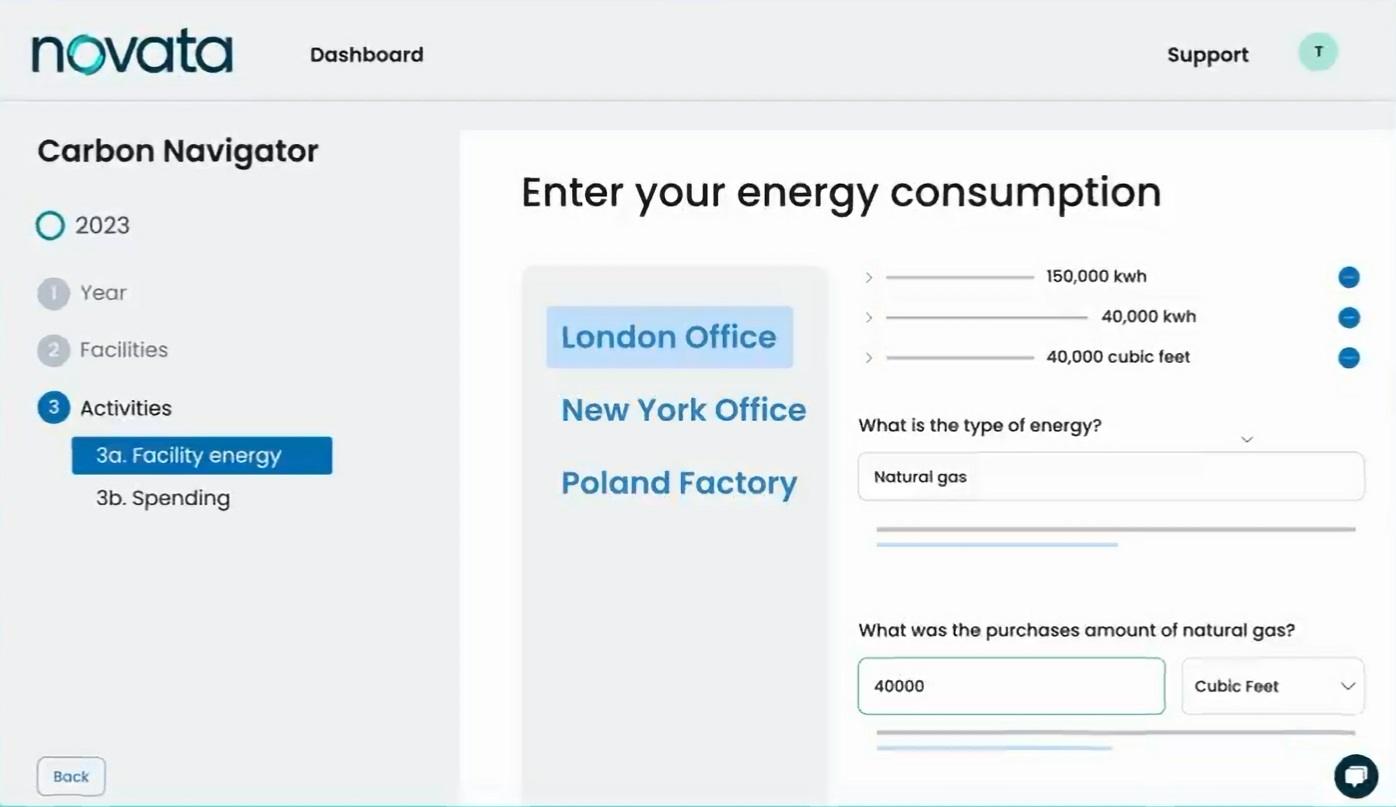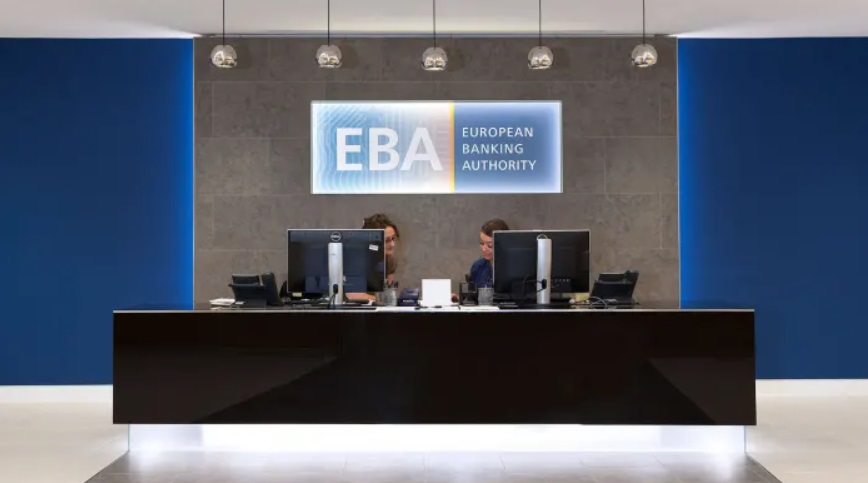GRI & SASB Collaborate to Provide Clarity on ESG Disclosure
GRI and SASB, two of the leading organizations promoting standardized ESG reporting, announced today that they will collaborate to create clarity and compatibility on sustainability disclosure.
The Sustainability Accounting Standards Board (SASB) Foundation is a non-profit organization, established with the mission to establish industry-specific ESG disclosure standards for companies. The standards set by SASB are designed to enable investors to assess the materiality of reported sustainability information, and to compare companies on these metrics on a global basis.
Global Reporting Initiative (GRI) Sustainability Reporting Standards are the most commonly accepted global standards for sustainability reporting by companies. GRI standards were developed to enable consistent reporting across companies and industries, providing clearer communication to stakeholders regarding sustainability matters. GRI standards are available for reporting across a wide range of ESG-related topics, ranging from anti-corruption practices to biodiversity and emissions.
With the regulatory landscape around sustainability reporting still in its early days, companies wishing to satisfy investor needs around ESG disclosure often follow both GRI and SASB requirements, which can create a heavy reporting burden. To help address this issue, the two organizations announced that they will collaborate to demonstrate how some companies have used both sets of standards together and the lessons that can be shared. The organizations will also aim to help the consumers of sustainability data understand the similarities and differences in the information created from these standards.
Tim Mohin, Chief Executive of GRI, said:
“GRI and SASB share the guiding principle that transparency is the best currency for creating trust among organizations and their stakeholders. Investors, policy makers, civil society and other stakeholders are demanding improved disclosure of information on sustainability impacts, including those likely to drive risk and opportunity in both the short and long term.”
Janine Guillot, CEO of SASB, said:
“In a post-COVID world, companies will increasingly be expected to disclose their performance on a range of ESG topics. The pandemic has demonstrated that so-called ‘non-financial’ information can indeed highlight material financial implications. This makes the collaboration between SASB and GRI, and the increased clarity it will bring for all stakeholders, all the more timely.”
GRI and SASB stated that the collaboration will initially focus on delivering communication materials to help stakeholders better understand how the standards may be used concurrently. The organizations will also develop examples based on real-world reports that demonstrate how the standards can be used together. These resources are planned to be delivered before the end of 2020. It is expected that this can lead to the identification of further collaboration opportunities.
According to GRI and SASB, independence is important to both organizations’ standards setting processes. This collaborative work plan may identify opportunities to consider how the SASB and GRI standards may be developed in the future. Decisions about standard setting, content of standards, and their interpretation are the sole responsibility of the independent standards-setting functions, which rest with the Global Sustainability Standards Board on behalf of GRI, and of the SASB Standards Board.





